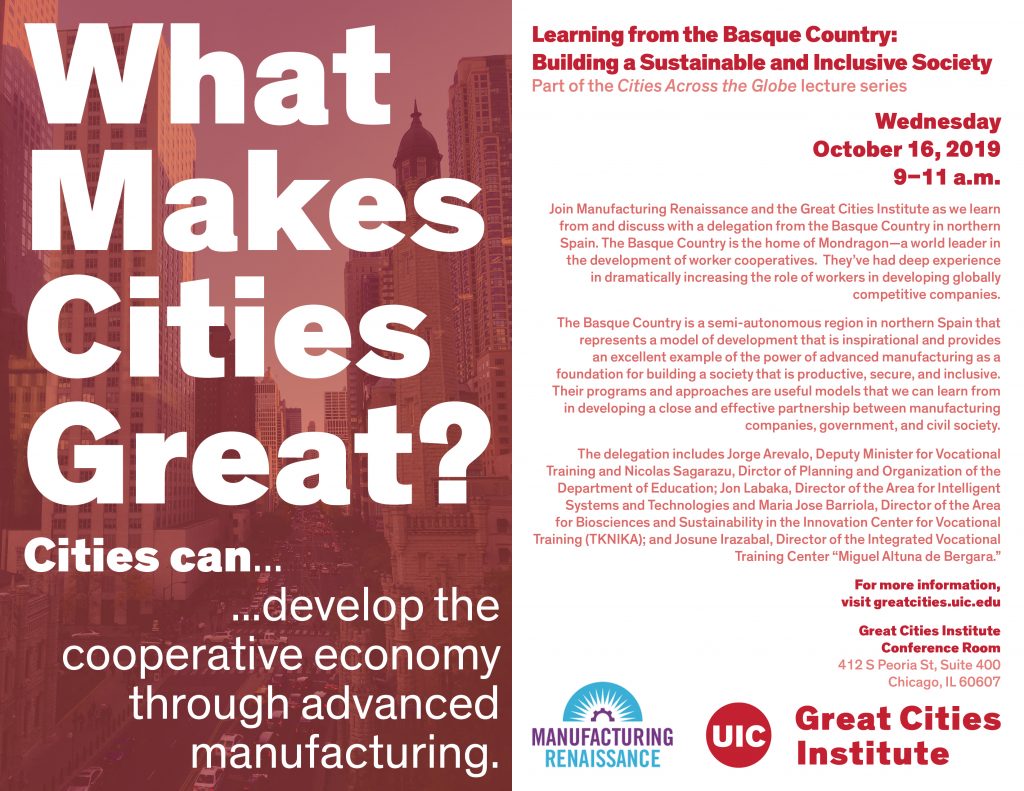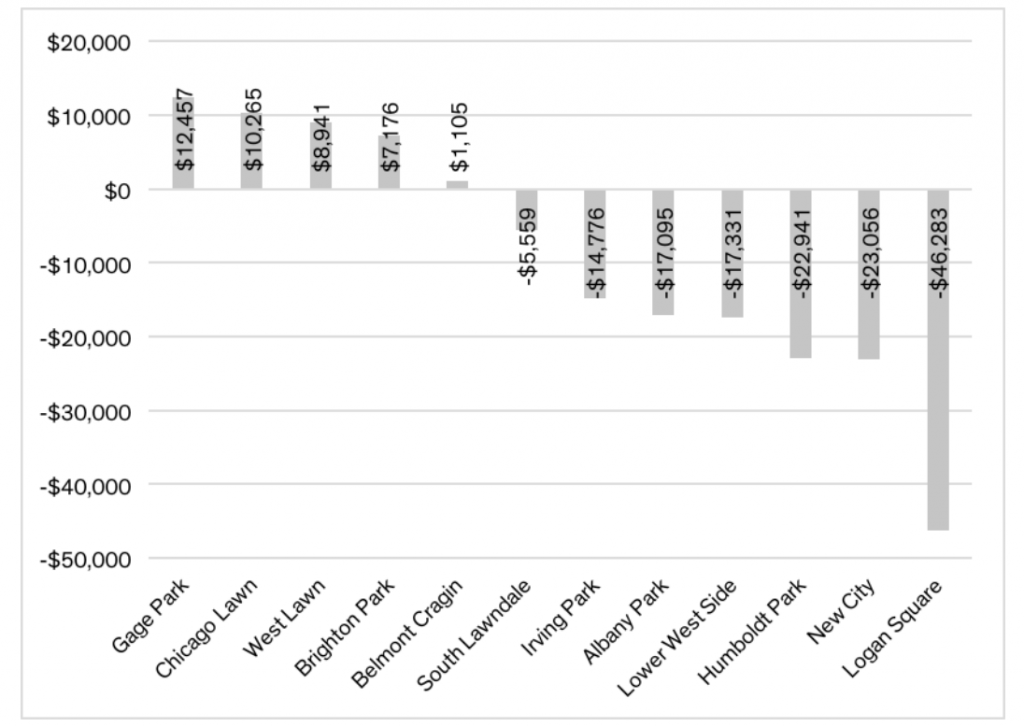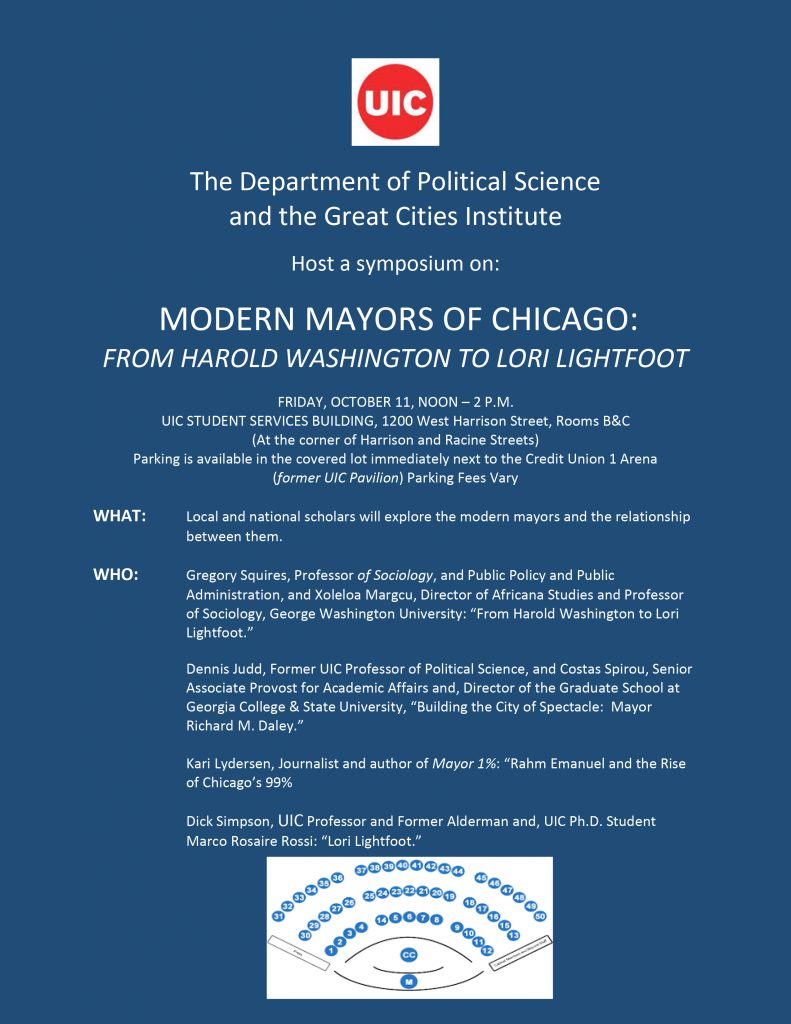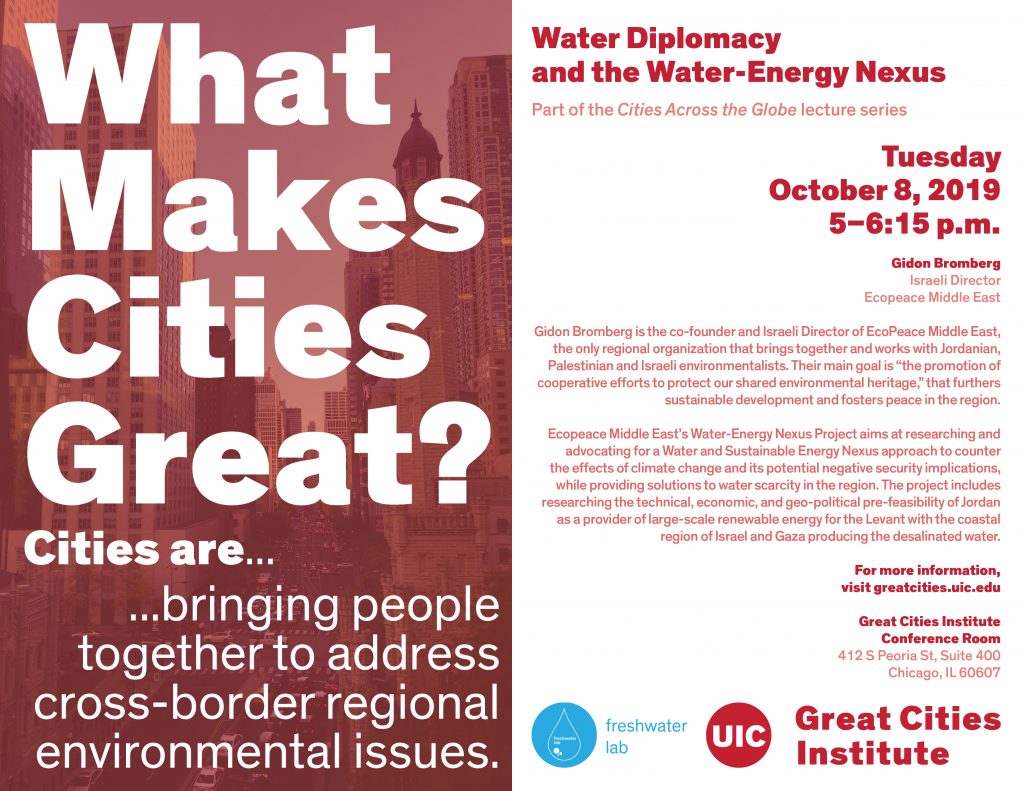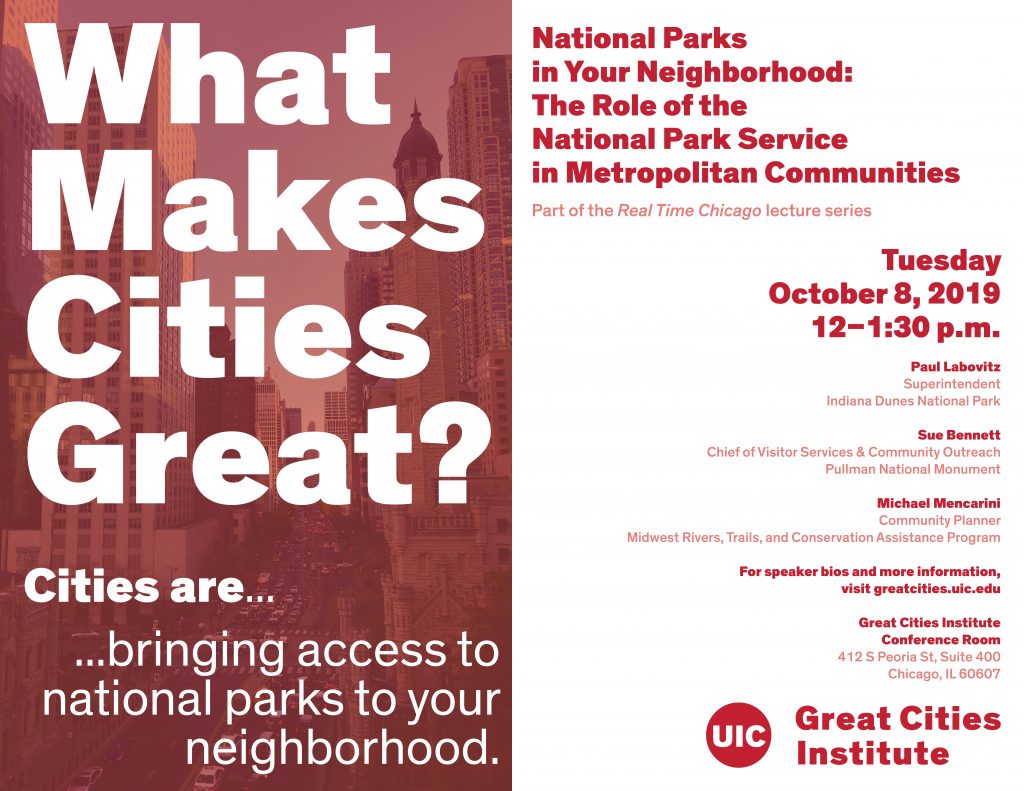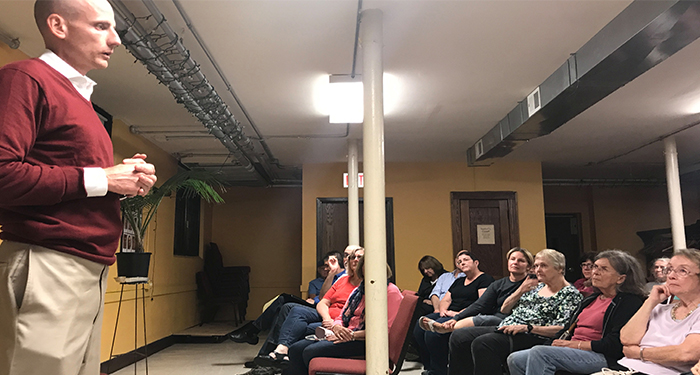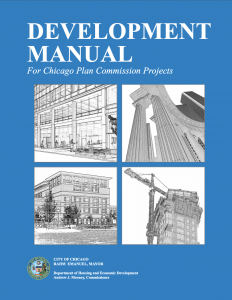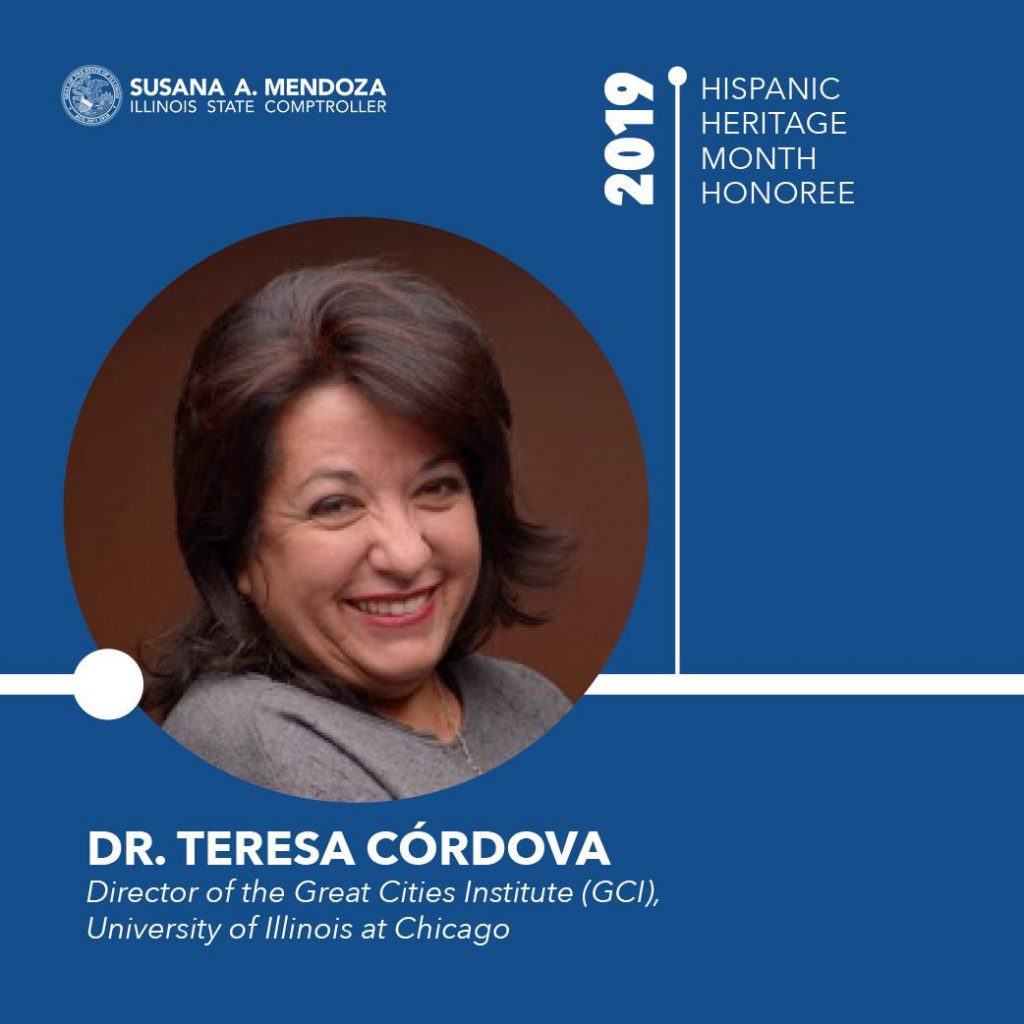
The impact of the Illinois capital bill on the long-term future of transportation in the state will be the focus of the second Fall 2019 Seminar Series presentation of the semester hosted by the Urban Transportation Center at UIC. Featured speaker will be Doug House, IDOT Deputy Secretary and a transportation professional with more than 35 years in the industry. Mr. House was appointed in April of this year, and his primary responsibilities are federal and state legislation and communications for IDOT. The event will be held October 17 from noon to 1 p.m. in the Great Cities Institute Conference Room, 412 S. Peoria St., 4th floor. All are welcomed. Learn more: https://utc.uic.edu/utc-2019-
